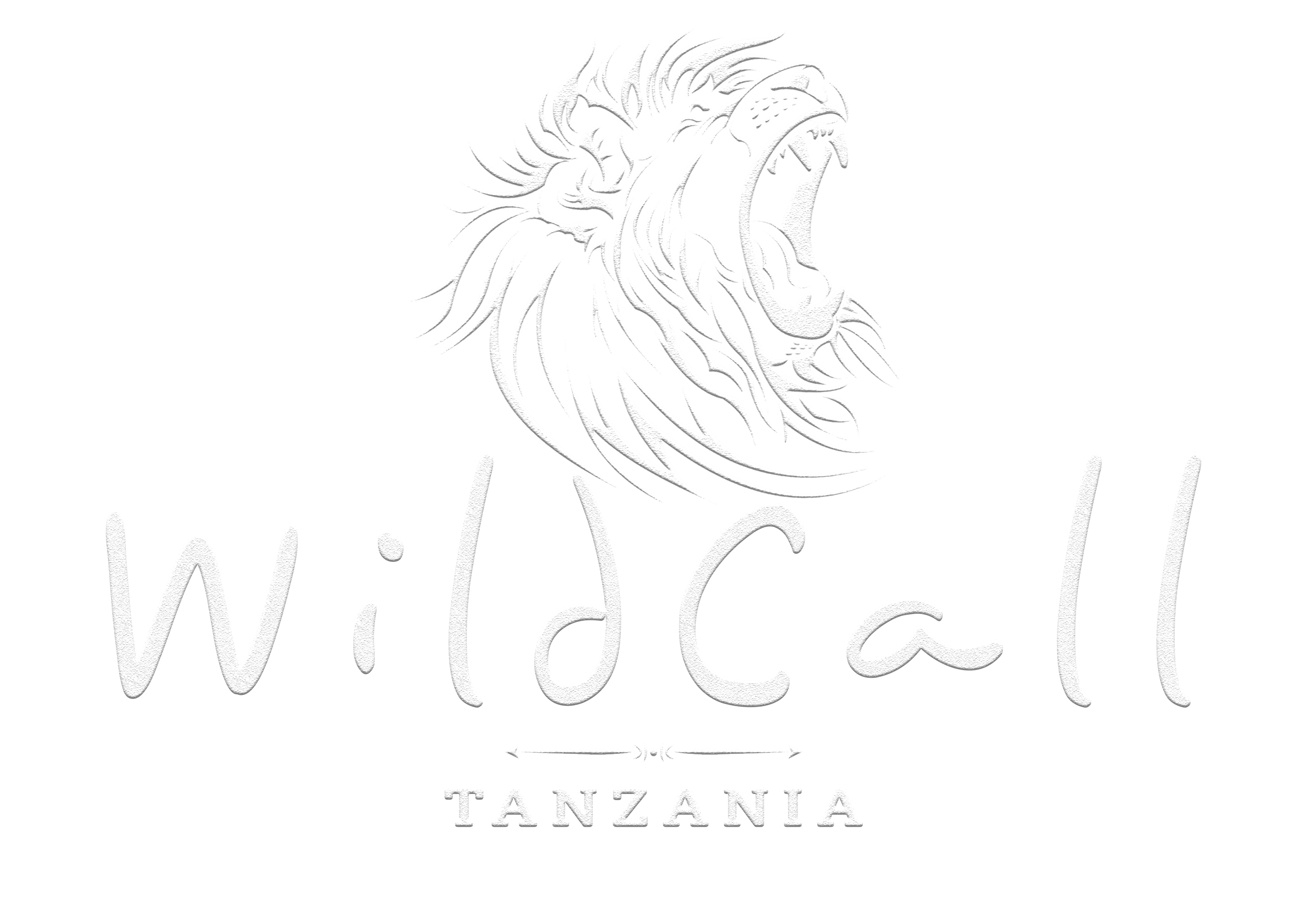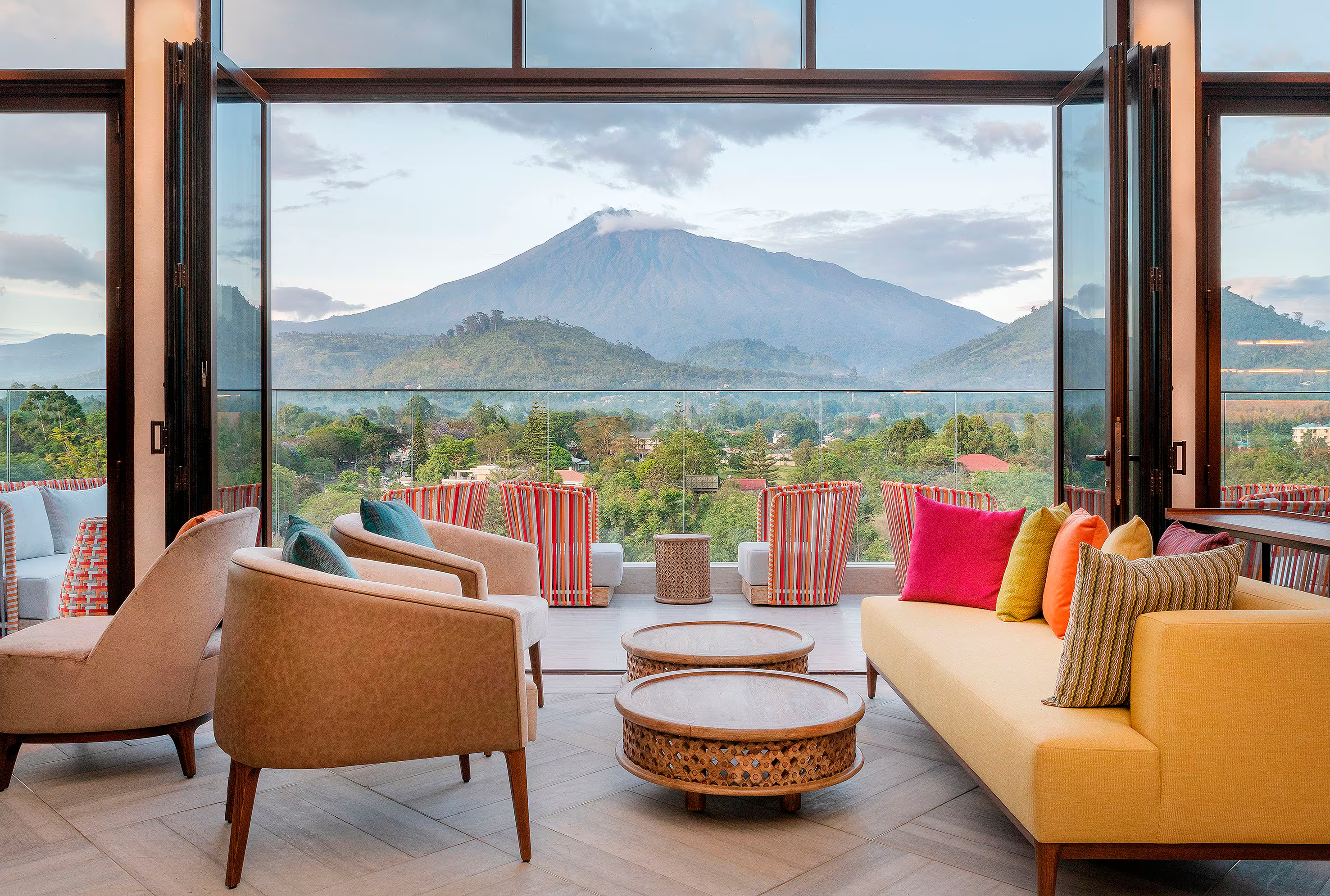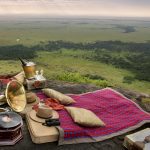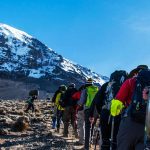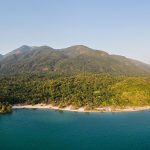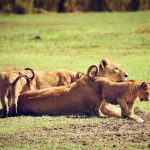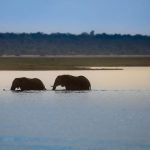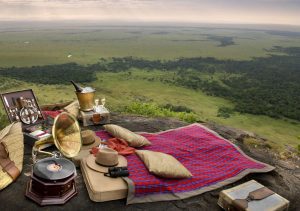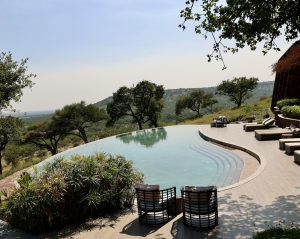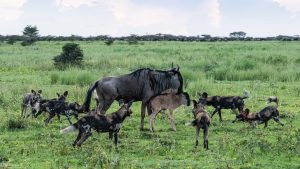Health and Safety
Health and Safety on Kilimanjaro Trek
What Physical Criteria Will Ensure I’m Fit Enough to Trek?
To be fit enough to trek Kilimanjaro, you should:
- Cardiovascular Fitness: Engage in regular aerobic activities such as running, cycling, swimming, or brisk walking. Aim for at least 30 minutes of moderate exercise most days of the week.
- Strength Training: Incorporate strength training exercises to build endurance in your legs, core, and upper body. Squats, lunges, step-ups, and planks are effective.
- Endurance: Participate in long hikes on varied terrain, ideally carrying a backpack, to simulate the conditions on Kilimanjaro. Gradually increase the duration and intensity of your hikes.
- Mental Preparation: Mental toughness is crucial. Prepare yourself for long days of trekking and challenging conditions.
- Medical Check: Consult with a healthcare provider before embarking on the trek to ensure you have no underlying health issues that could be exacerbated by high altitude or strenuous activity.
How Will We Deal with Altitude Acclimation?
Acclimatization to altitude is a critical aspect of trekking Kilimanjaro. Here’s how we ensure proper acclimatization:
- Gradual Ascent: The itinerary is designed to ascend gradually, allowing your body time to adapt to the decreasing oxygen levels. The Rongai route, for example, provides ample time for acclimatization.
- Climb High, Sleep Low: This principle involves ascending to higher altitudes during the day and descending to sleep at lower altitudes, which helps your body adjust.
- Hydration: Staying well-hydrated is essential. Drink plenty of water throughout the trek.
- Monitoring: Our experienced guides will monitor your health closely, looking for signs of altitude sickness. They will check your oxygen levels and overall well-being regularly.
- Medication: Some trekkers choose to take medication like Diamox (acetazolamide) to help with acclimatization. Consult your doctor before taking any medication.
What Do I Need to Know About Sun Protection?
Sun protection is vital on Kilimanjaro due to the high altitude and increased UV exposure. Here’s what you need to know:
- Sunscreen: Use a high SPF (30 or above) broad-spectrum sunscreen. Apply it generously to all exposed skin and reapply regularly, especially after sweating.
- Lip Balm: Use a lip balm with SPF to protect your lips from sunburn.
- Clothing: Wear long-sleeved shirts, long pants, and a wide-brimmed hat to protect your skin from the sun. UV-blocking sunglasses are also essential to protect your eyes.
- Timing: Try to avoid prolonged sun exposure during peak hours (10 a.m. to 4 p.m.).
What Happens If I Get Sick or Injured While Trekking?
If you get sick or injured while trekking, here’s how we handle it:
- First Aid: Our guides are trained in first aid and carry a comprehensive first aid kit to treat minor injuries and illnesses.
- Monitoring: We continuously monitor your health, and if you exhibit symptoms of serious altitude sickness (HAPE or HACE), dehydration, or any severe illness, we will take immediate action.
- Descent: The most effective treatment for severe altitude sickness is descent. We will arrange for you to descend to a lower altitude as quickly and safely as possible.
- Emergency Evacuation: In case of a severe injury or illness, we have arrangements for emergency evacuation. This may involve a stretcher or, in extreme cases, helicopter evacuation.
- Communication: Our team stays in communication with base camps and emergency services to ensure prompt assistance if needed.
Are Solo Female Travelers Safe Climbing Kilimanjaro?
Yes, solo female travelers are safe climbing Kilimanjaro. Here’s why:
- Guides and Porters: Our team of professional guides and porters are trained, experienced, and dedicated to ensuring the safety and comfort of all trekkers. They are respectful and supportive.
- Group Treks: Solo travelers often join group treks, which provides companionship and added safety. You will be trekking with others who share your passion for adventure.
- Security: The trekking routes are well-traveled, and there is a strong sense of community among trekkers. Security measures are in place to ensure a safe trekking experience.
- Cultural Sensitivity: Tanzania is generally welcoming to tourists, and our team is trained to be culturally sensitive and supportive of all trekkers.
Related Posts
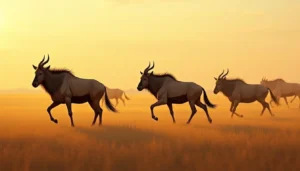
Africa’s Majestic Wildebeest Migration
September 22, 2024

Kilimanjaro: Africa’s Tallest Peak in Tanzania
September 22, 2024
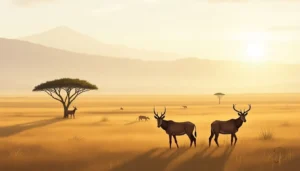
Serengeti: Personalized Safari Experiences
September 21, 2024
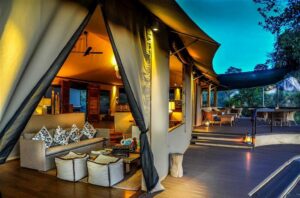
Luxury Tanzania Safari Trips & Travel
September 4, 2024
